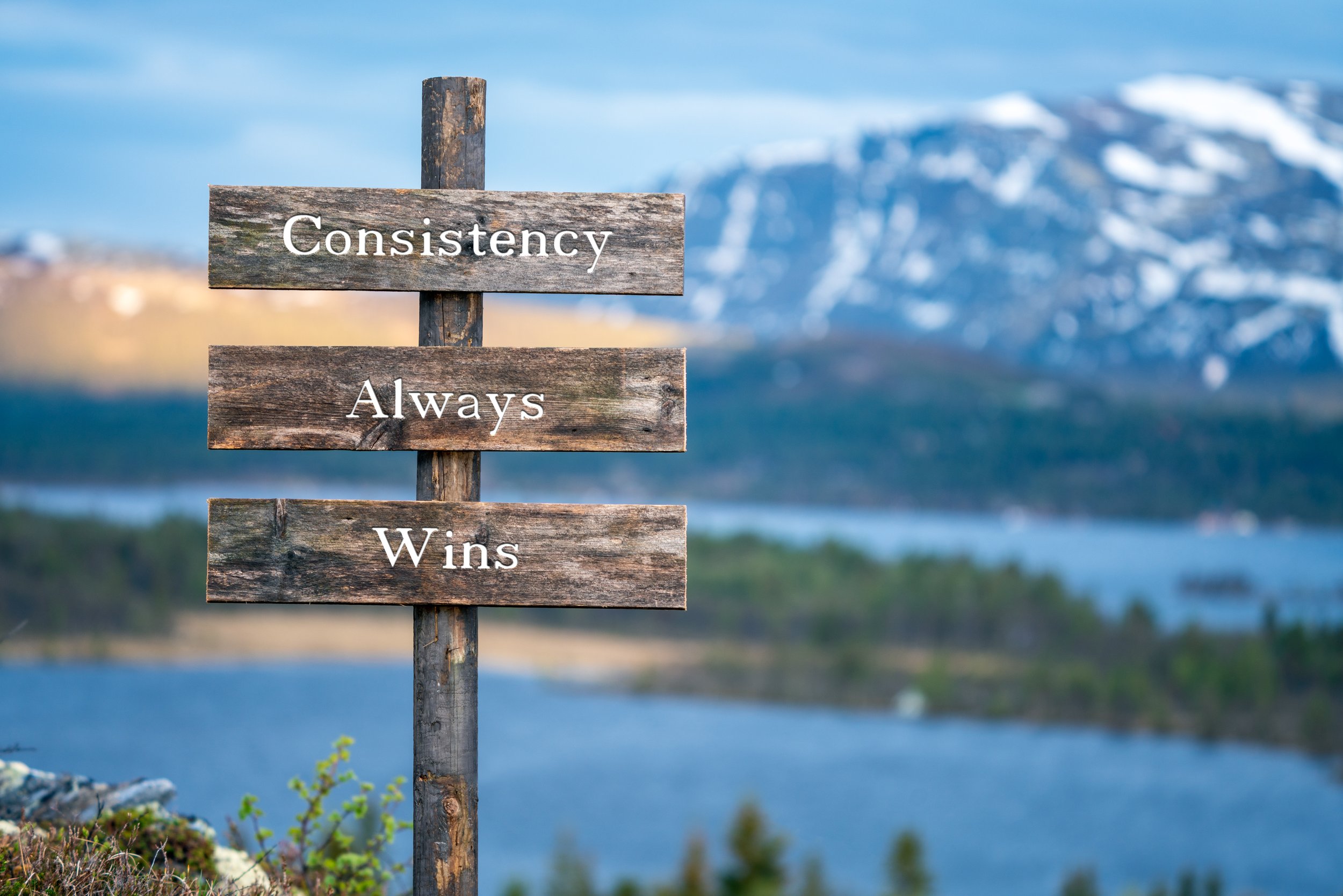One Man’s Thoughts about a well Oiled Machine Part 1: The Slow Fall of the Human Body
“What we do in life echoes in eternity”
———Maximus Decimus Meridius,—- Gladiator (2000)
Once upon a time, your body was like a well-oiled machine. Every muscle, every bone, and every system worked together in harmony, moving you through life with energy and grace. But then, something changed. Life got busy, and without realizing it, you found yourself spending more and more time sitting. You might not have thought much of it at first—sitting seemed harmless. But over time, this innocent-seeming habit started to take its toll. And here’s where the story of decline begins.
You see, the human body wasn’t made for sitting still all day. It was built to move, to stretch, to climb, and to explore. But when you sit for long periods, things start to go wrong—especially in the core. The core is your body’s foundation, and when you’re sitting, your core muscles are essentially on vacation. The muscles around your hips, lower back, and abdomen grow weaker, and that weakness sends out shockwaves through your body.
Now, with your core taking a back seat, other muscles have to jump in to compensate. Your hips tighten up like rubber bands pulled too tight, shrinking over time. This tightness makes walking or standing uncomfortable, but it doesn’t stop there. As your hips shorten, your lower back starts to carry more weight, straining itself just to keep you upright.
And let’s not forget your shoulders, which round forward, as if to shield you from the world. That once-proud posture? It collapses under the weight of habit. Your spine curves awkwardly, shifting out of alignment, because, well, it’s just trying to keep up with what you’ve been asking it to do. Day after day, your body fights against this unnatural position.
But the story doesn’t end with muscles. Your cardiovascular system—the heart and blood vessels that keep you alive—suffers too. Sitting for long stretches slows your circulation, making your heart pump harder to send blood to your extremities. Over time, this increases your risk of heart disease, blood clots, and other issues you definitely don’t want in your story.
And what about your lymphatic system? This silent hero helps flush out toxins from your body. But guess what? It only works when you move. Sitting still all day keeps your lymphatic system in a sluggish state, which means your body can’t drain toxins efficiently. You can imagine what happens next—your immune system weakens, making it harder for you to fight off sickness.
Now, layer on top of that a lack of exercise. No walking, no stretching, no strength training—it’s like pressing pause on all the systems that keep you strong and mobile. Your muscles atrophy, shrinking in size and power. Weak muscles lead to poor balance, which means one day, you might find yourself struggling to stand steady after just getting out of a chair. Your coordination falters. Your flexibility fades. Movement that used to be second nature becomes difficult, even painful.
And here’s the kicker: sitting, with no movement or activity, affects your proprioception—that sense of where your body is in space. You lose awareness of how your body moves, how your feet hit the ground, and how your muscles stretch and contract. The longer you sit, the harder it becomes to even remember what it feels like to be strong, to stand tall, to move without hesitation.
It’s a cycle. The more you sit, the less you want to move. The less you move, the weaker and more disconnected from your body you feel. And soon, this lack of movement impacts your mental health. That sluggish body starts to affect your mind, dragging down your energy, motivation, and even happiness.
This is the quiet decline. It’s not dramatic. It happens slowly, a little more each day, until one day you wake up and realize something’s wrong. But don’t worry—this isn’t the end of the story. There’s still another chapter waiting to be written, and it’s one where you turn things

